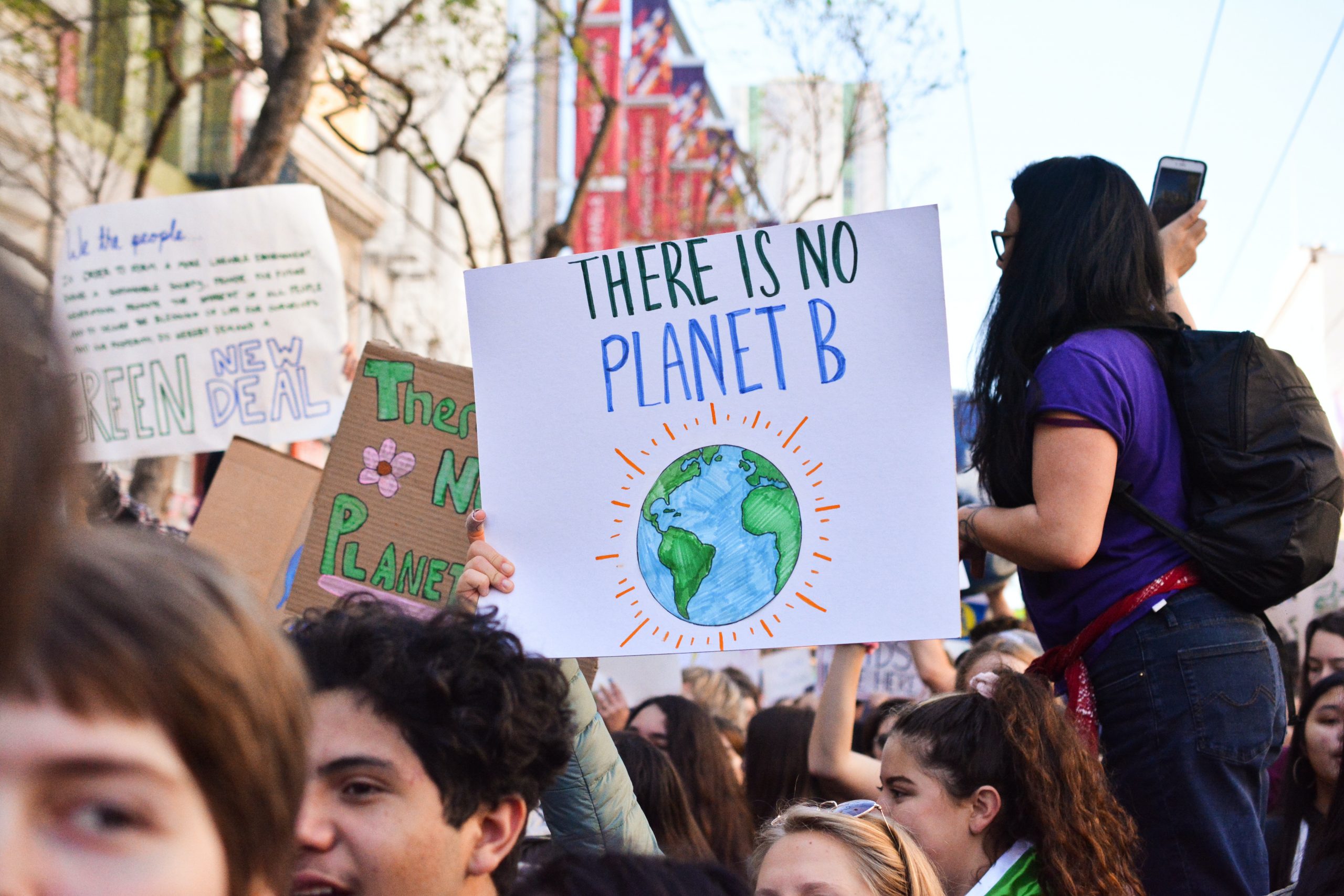Civil society calls on World Bank and IMF to safeguard civic space and prevent retaliation around Marrakesh Annual Meetings

©️ by Shereen Talaat, Arab Watch Coalition

This article was intitially published on Bretton Woods Project. Find the article here: https://t.ly/LQfU
Civil society organisations (CSOs) look forward to enriching discussions and critical debate during the International Monetary Fund (IMF) and World Bank Annual Meetings in Marrakesh,Morocco, this October. Yet, this constructive engagement will only be possible if the Bretton Woods Institutions (BWIs) proactively work with the host country to ensure it publicly guarantees that the gross mistreatment meted out to civil society during the Annual Meetings in Bali, Indonesia, in 2018 – when authorities used force to silence activists and critical voices – will not take place in Marrakesh.
In Bali, a parallel event and strategy meeting sought to peacefully express criticism about and make recommendations regarding Bank and Fund policies but were disrupted repeatedly by Indonesian authorities using tactics ranging from blocking access to the venue to using excessive force and arbitrarily detaining activists (see Dispatch Annuals 2018). This cannot be allowed to happen again.
While IMF and World Bank representatives intervened with authorities after arrests had already been made, the BWIs could have done much more to prevent this crackdown by throwing their full weight behind their commitment to accountability and open debate ahead of time. A look into restrictions of civil society space in the wider MENA region already raises serious concerns – dozens of activists were arrested and harassed in Egypt during last year’s COP27 and the UN High Commissioner for Human Rights is raising the alarm on civil society arrests in Tunisia, while civic space and freedom of speech are increasingly undermined in Morocco itself. Another “Bali” is on the horizon, unless the Bank and Fund act now.
“IMF and Bank should get in touch with regional civil society organizations early, to take stock of their very real concerns in terms of event safety and priorities regarding the region’s macro-economic situation and the BWIs’ impacts”
-SHEREEN TALAAT-ARAB WATCH COALITION
Civic space is fragile in the region, the World Bank and IMF must act to protect it
In organizing the Marrakesh meetings, the IMF and World Bank must draw lessons from the experience in Bali to uphold and safeguard engagement with civil society, beyond the space available within official venues. This can only be achieved by attaching utmost importance to human rights, free speech and the right of assembly, and incorporating these rights into all the BWIs’ policies – especially in a region beset with instability and authoritarianism.
Civil society call upon the Bank and Fund to engage proactively with the Moroccan authorities on issues such as facilitating visa applications and offering a space conducive to free speech to help activists safely engage in constructive dialogue, including holding their own parallel events to freely express their critical views and recommendations. The IMF and Bank should get in touch with regional civil society organisations early, to take stock of their very real safety concerns and priorities regarding the region’s macroeconomic situation and the impacts of BWI policies.
The BWIs must ensure information about the Annual Meetings’ agenda, schedule and logistics as well as policies and procedures relating to participation, such as visa processing and approval criteria, is accessible. It is the duty of these institutions to provide a platform and a free space for CSOs, to make sure the meetings are fully equipped and conducive to constructive discussions. Steps should be taken to protect civil society activists against retaliation and reprisals during and after the event for the views they express at the Annual Meetings. These include protection against harassment, intimidation and arbitrary detention by authorities.
To promote positive engagement beyond preventing harm, IMF and World Bank representatives could also act as facilitators of dialogue between different civil society organisations in the MENA region, government representatives and private sector stakeholders, to support a constructive exchange on economic development policies. Finally, special attention should be given to fostering inclusive representation and diversity by promoting the participation of marginalized and under-represented groups such as women, the youth, the disabled and indigenous communities at the Annual Meetings’ Civil Society Policy Forum and official ‘flagship’ events.
By taking these steps, the BWIs can turn the page on the mistreatment of activists that marred their Annual Meetings in Bali. They can make Marrakesh a new start for a proactive engagement with MENA-based civil society that puts human rights and democracy at the core of their economic and financial development policies in a way that is conducive to creating stable, prosperous and equitable societies in the region.
